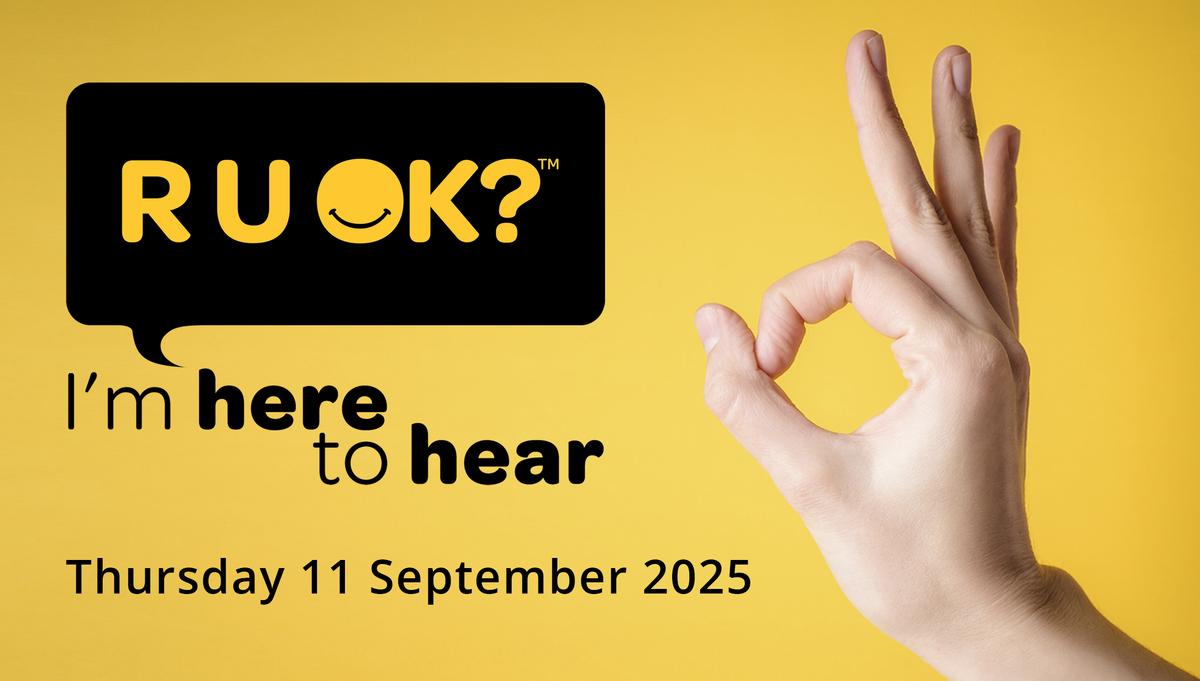Wellbeing
Lynda Hudson

Wellbeing
Lynda Hudson
Building Healthy Study Habits


With so many distractions in today’s world and increasing academic pressures, helping children develop healthy study habits is more important than ever. Success at school is not just about intelligence or motivation, it is also about the everyday routines and habits that support learning.
Good study habits are not about long hours of cramming. In fact, it is the quality of study time, not the quantity, that makes the biggest difference. Creating a regular study routine helps build structure and turns studying into a positive, manageable part of the day.
Encouraging students to take regular breaks during study sessions is also essential. Short breaks help improve focus, reduce stress, and prevent burnout, especially during exam time.
A healthy lifestyle plays a key role too. Getting enough sleep, eating well, and staying active all contribute to better concentration, energy, and overall wellbeing. These elements are just as important as the study itself when it comes to learning effectively.
As parents and caregivers, you can play a big part in supporting your child’s academic journey. By promoting balanced routines and healthy habits, you are helping them build a strong foundation for success, not just in school, but for life.
This Special Report offers practical tips to support your young person as they prepare for exams and develop study routines that work for them.
Click the button below to access this addition of SchoolTV.
Supporting Young People’s Mental Health, Let’s Talk About It
Mental health challenges among young people are becoming more common, with issues like anxiety, depression, and self-harm affecting many. Pressures from school, social media, family life, and broader expectations can all play a role. That is why it is so important for parents and caregivers to step in early, talk openly about mental health, and help reduce the stigma around asking for support.


R U OK?Day is a powerful reminder of how much a simple conversation can mean. This national initiative encourages all of us to stay connected and check in with those around us. By asking “Are you OK?” and really listening, we can make a real difference in someone’s life.
Our school is proud to take part in R U OK?Day, and we invite you to join us. These conversations do not just belong in the classroom, they start at home. Together, we can build a supportive environment where young people feel safe, heard, and valued.
As parents and caregivers, you play a vital role. By encouraging open and honest discussions, you help break down barriers and show that it is okay to talk about how we are feeling. Let us work together to build a caring community where mental health is everyone’s priority.
This Special Report offers helpful tips on how to talk to your child about mental health and start meaningful conversations that can have a lasting impact.
Click the button below to access this addition of SchoolTV.